Over the preceding years, our anticipation for Pakistani drams to break free from the usual family politics storyline has been ongoing. In 2023, a turning point emerged as producers and writers embraced fresh themes in Pakistani dramas. This significant year marked a departure from the norm, providing viewers seeking diversity in dramas with a range of choices.
While not all endeavors proved triumphant, they undoubtedly represent a crucial stride toward much-needed innovation. These dramas expanded the horizons of Pakistani storytelling, with a handful standing out for their exceptional execution.
Empowering and Multifaceted Women in Lead Roles
For years, the portrayal of helpless women has been a consistent sell to viewers. This pattern not only became customary but was also staunchly defended by producers. The belief persisted among writers that viewers preferred witnessing women enduring hardships in dramas. Instances of resilient female characters were infrequent. This year, a truly revitalizing shift occurred with numerous empowered female characters taking center stage in both lead and supporting roles. These characters were intricately developed, skillfully written, and a notable number of them served as a source of inspiration.
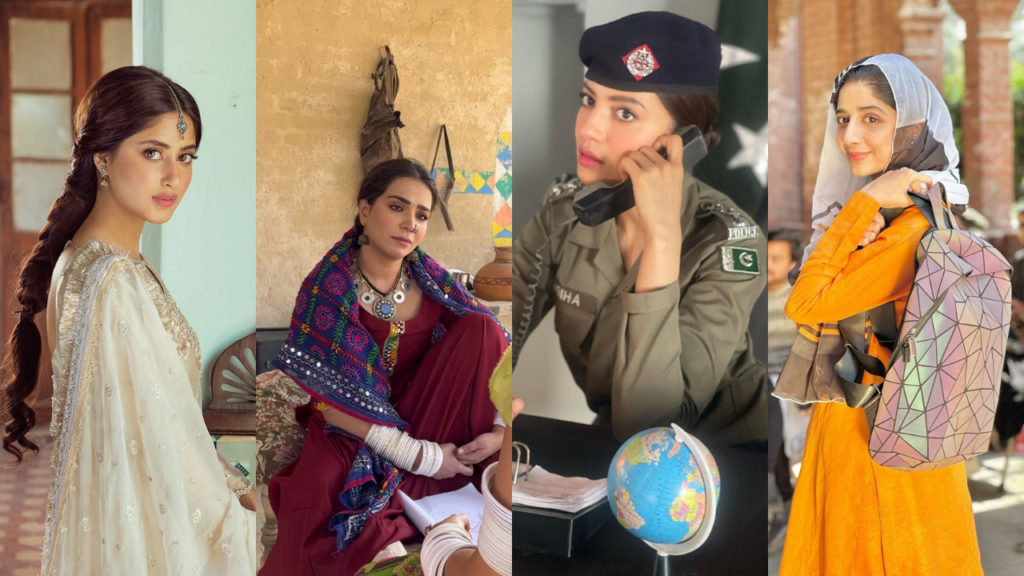
Viewers witnessed these empowered female characters seizing control of their destinies, shattering barriers, and defying societal expectations. Their journeys unfolded with authenticity, each redefining empowerment in a unique manner. This positive shift marks a significant stride towards a storytelling era that is more inclusive and representative, where the diverse experiences of women are not just recognized but celebrated.
Characters like Razia from the mini-series “Razia,” Zimal from “Neem,” Shamim and Ayesha from “Kabli Pulao,” and Sofia and Alia from “Kuch Ankahi,” among many others, epitomized empowered women from various walks of life.
Intricate and Nonconformist Male Characters
This year witnessed a significant and praiseworthy change in how male characters are depicted reshaping the very definition of a ‘hero.’ While some dramas still featured affluent and privileged individuals as heroes, others showcased unconventional heroes with unique qualities that distinguished them. These atypical heroes offered a more varied and multifaceted portrayal of masculinity.

Haji Mushtaq from “Kabli Pulao” stands out as a nontraditional hero, garnering more affection and acclaim than others in this category. Numerous supporting characters also fit this mod, such as Mannu from “Razia,” Babbar Shah from Jeevan Nagar, and a significant portion of the male cast in “Meher Mah.” Another noteworthy male lead in a similar vein is Gulzar from “Idiot.”
Unconventional and Signifying Love Narratives
Every Pakistani drama typically weaves a love story into its narrative, yet seldom do we encounter love tales that break from the conventional mold. This year, there was a refreshing departure with multiple storylines deviating from the norm, offering narratives unlike anything seen on our screens before.
The spotlight shone on young love in “Muhabbat Gumshuda Meri,” while the love triangle involving Haji Mushtaq, Barbeena, and Shamim in “Kabli Pulao” provided a distinctive twist. Another noteworthy plot involved Shazil, Zimal, and Ashhad, deserving recognition. Additionally, “Tumhare Husn Ke Naam” brought forth an old-school love story, and the storyline of Qadar and Hammad in “Tinkay Ka Sahara” exemplified how love narratives underwent a redefinition in dramas this year.
This trend, though gradual in its onset, unquestionably reached its zenith in the current year.

Transforming the Role of Law Enforcement Officers
In the current year, Pakistani dramas presented a varied, detailed, and optimistic portrayal of police officers. Traditionally, our dramas have perpetuated stereotypes about law enforcement, but this year brought forth numerous characters offering nuanced or positive depictions.
Notably, several dramas featured these officers in prominent roles or as crucial supporting characters, standing out for all the appropriate reasons. Productions like “Jhok Sarkar,” “Pinjra,” “Tinkay Ka Sahara,” “Gunah,” and many others showcased a distinct facet of police officers.

Narratives Centered on Young Minds
In Pakistani dramas, mental health, both broadly and particularly regarding children, has received scant attention over the years. While some of this year’s dramas delving into this crucial subject may not have fully met expectations, they undeniably provided platforms for initiating vital discussions.
“Pinjra” stands out as it endeavored to shed light on various facets of mental health and exposed numerous parental pitfalls. Similarly, “Idiot” addresses essentially the same issue among others. “Daur” and “Apney Hee Tou Hain” were two other dramas this year with significant storylines centered around children. “Mayi Ri,” although falling into the same category, failed to do justice to the theme.

Closing Thoughts
The shift in themes and trends indicates an increasing awareness among producers and storytellers. They recognize the necessity of delving into a wider array of topics that connect with a more diverse audience. Green TV Entertainment notably spearheaded this breakthrough, yet there remains a substantial journey ahead. Several of these dramas lacked entertainment and engagement value, with some losing their plot midway.
What were the most invigorating themes and trends in 2023 Pakistani dramas, in your opinion? Feel free to share your thoughts.

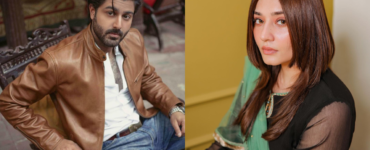
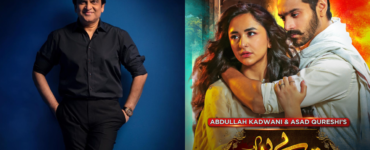
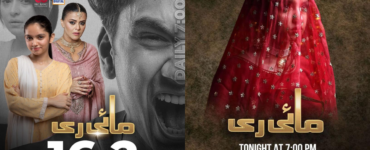
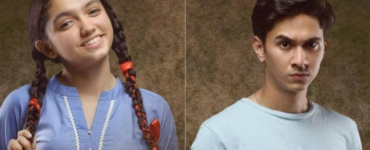
Add comment